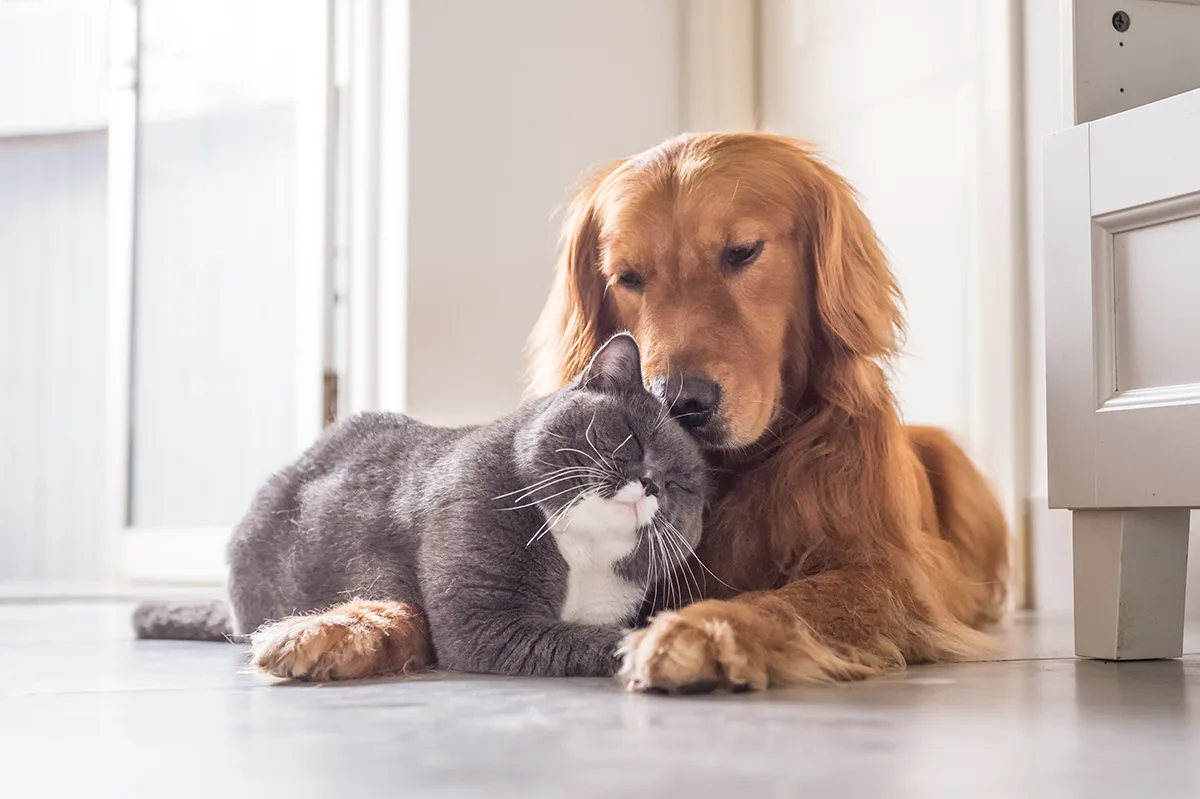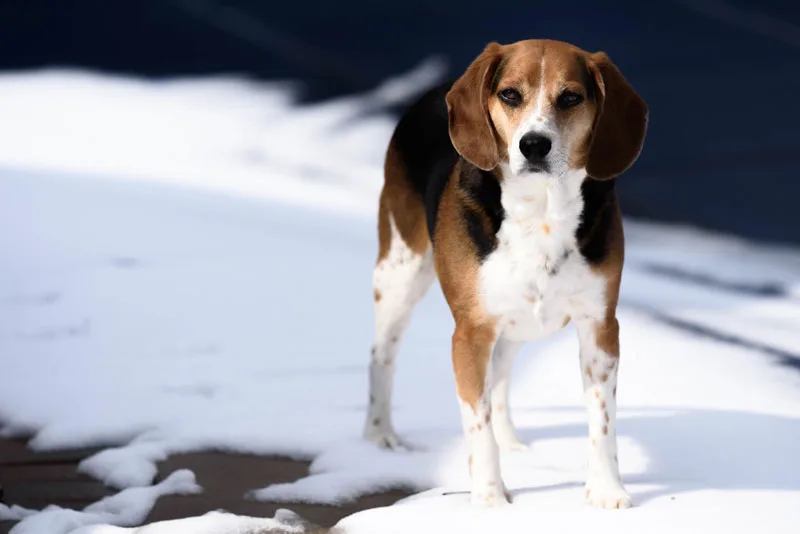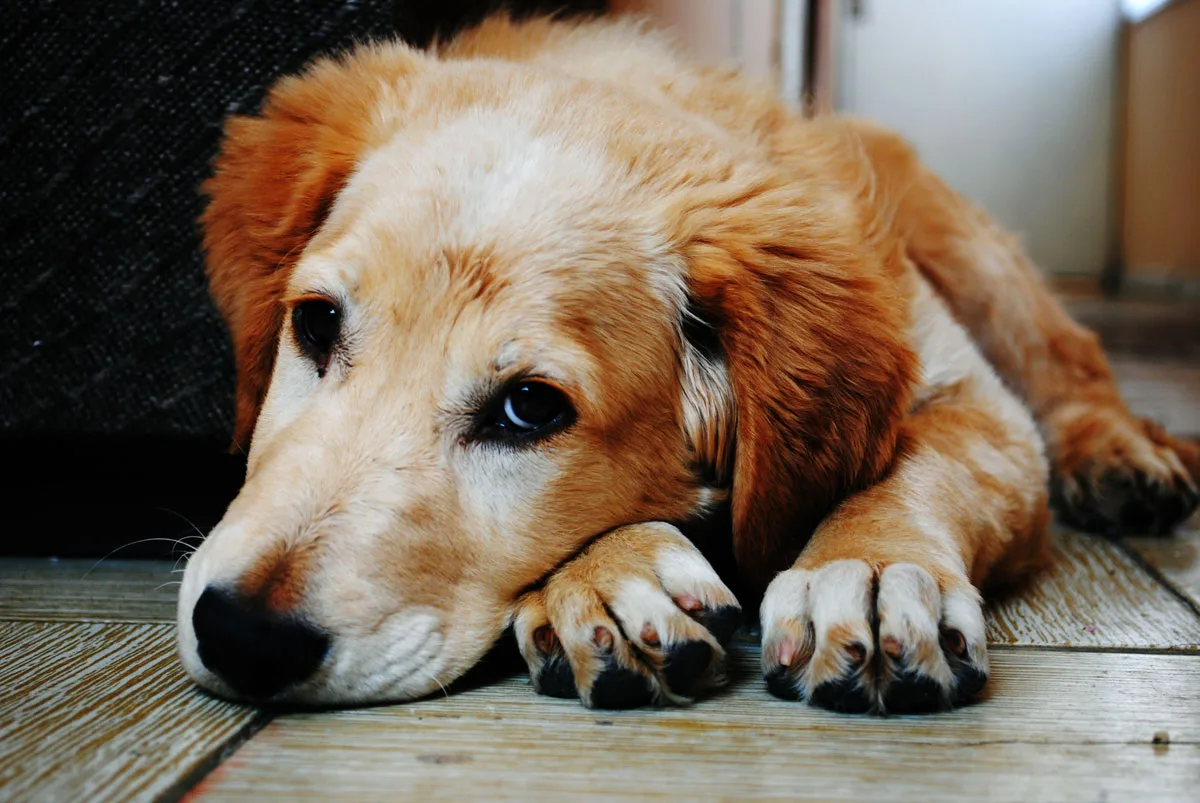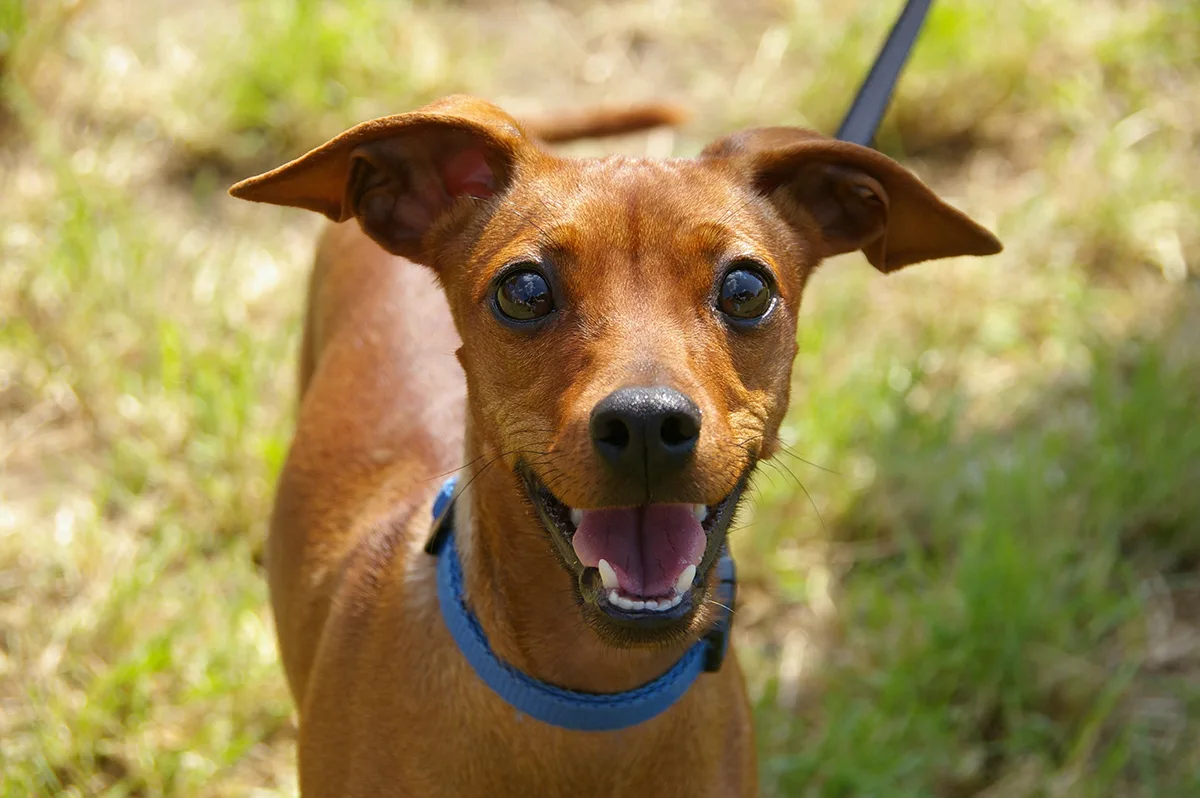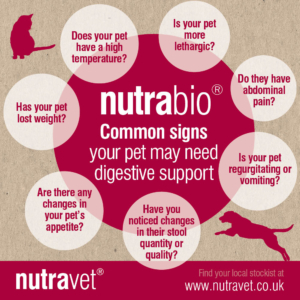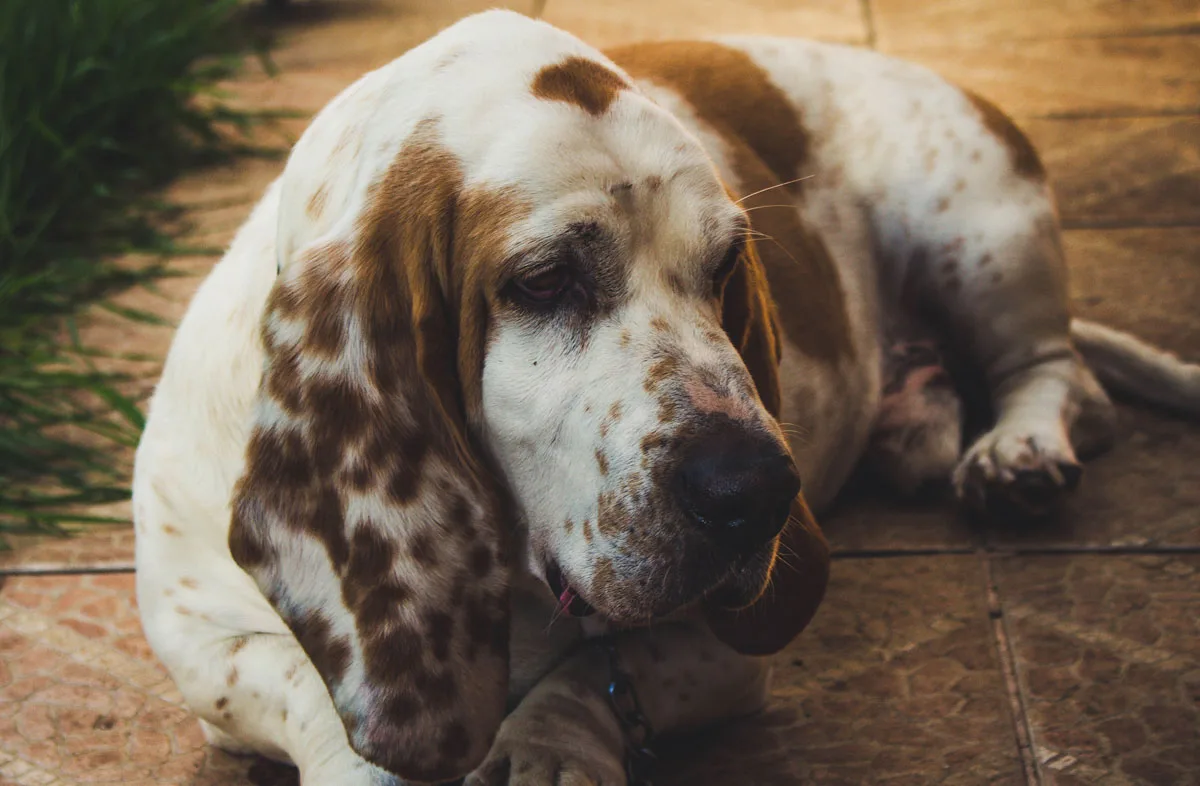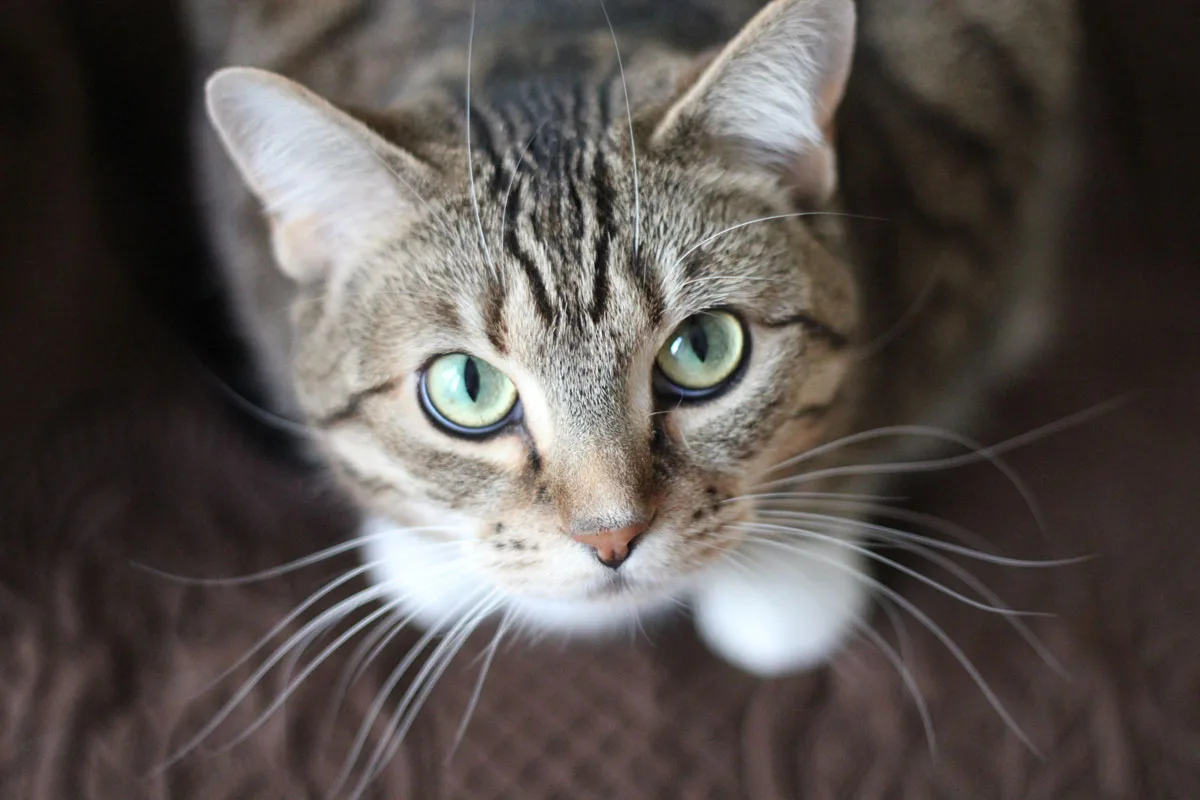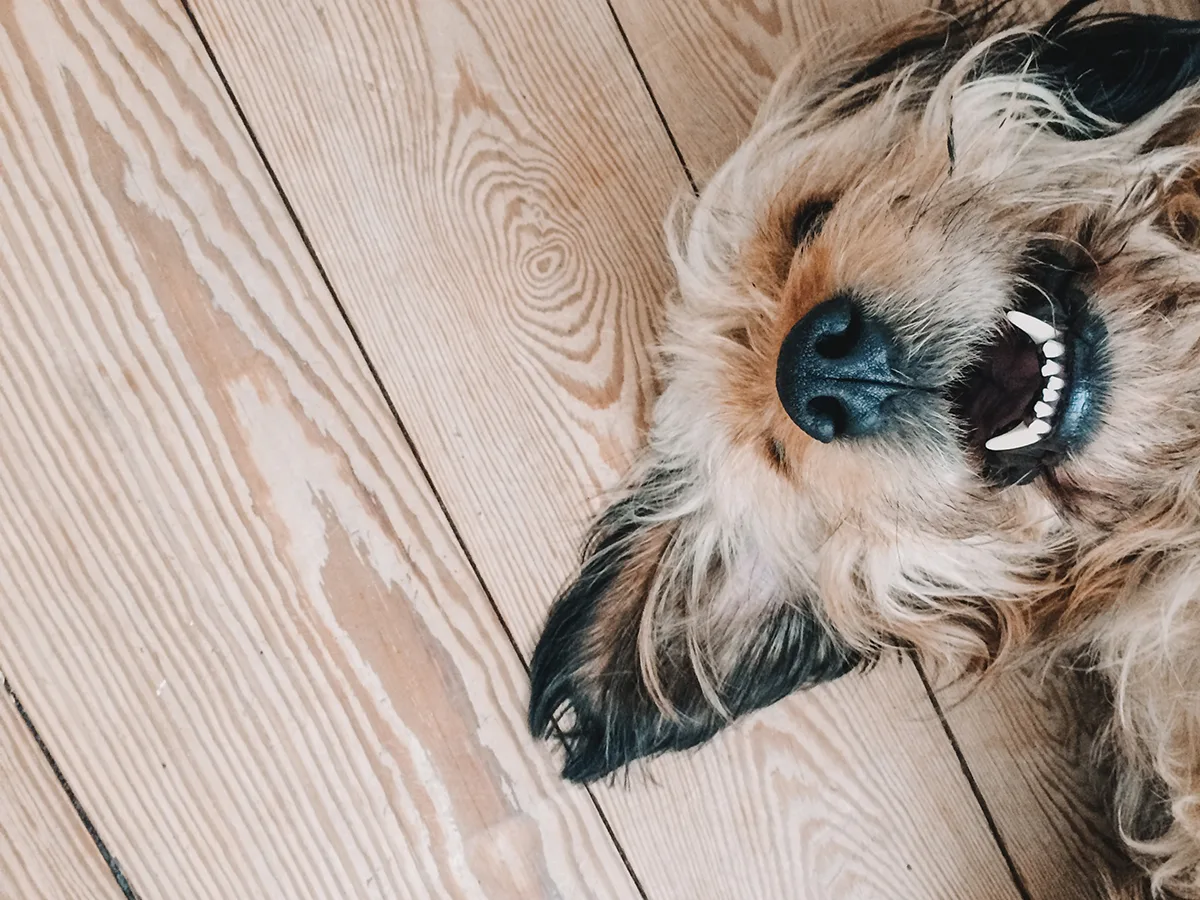
There are some common signs your pet needs oral health support and many animals are at a higher risk of dental problems as they age.
Caring for your pet’s teeth and gums isn’t that different from looking after your own oral health and by following the common signs your pet needs oral health support can help. By the age of three, 80% of dogs and 70% of cats have developed some form of periodontal disease.
Maintaining your pet’s dental care is necessary to provide optimum health and quality of life. Common signs your pet needs oral health support include:
Bad breath
If you dog or cat’s breath smells particularly bad, this could be a sign that they have gum disease, which needs treating. Untreated gum disease can damage your pet’s teeth and jaws over time and is one of the major causes of tooth loss. Infections caused by gum disease have been linked with diseases of the heart, liver and kidneys, so you should talk to your vet if you notice any unusual odours.
Changes in eating habits
Any sudden change in your pet’s appetite is a cause for concern, particularly when they don’t want to eat their regular food. Along with wider health concerns, symptoms of gum disease might cause a dog or cat to stop eating or chewing.
If there has been no change to your pet’s diet, you should speak to your vet so they can rule out other causes of concern.
Yellow or brown teeth
If you notice yellow or brown stains on your pet’s teeth, especially around the gums, there is a good chance this is dental plaque. Brushing your dog or cat’s teeth with special toothpaste and adding a dental supplement to their food can help to prevent the build-up of plaque.
Existing plaque or tartar may need to be carefully removed by a vet to reduce the risk of your pet getting tooth decay.
Swollen or bleeding gums
Inflamed or bleeding gums can be a sign that your pet has gum disease or another infection, which can cause discomfort.
Excessive drooling
For some dog owners, drool is just a part of life and some breeds of dogs naturally drool more than others. However, if your dog starts drooling more than normal it could mean they have a health problem, that’s causing them to produce more saliva or is preventing them from swallowing saliva like normal.
This could indicate a variety of dental problems, including gum disease, loose teeth or a dental abscess caused by bacteria or an injury.
Pawing at their mouth
Is your dog or cat scratching constantly licking parts of their mouth, this could be a sign of teething or a more serious issue like dental pain. If your pet will let you, check their teeth and gums for anything that could be bothering them, such as bits of food or other things they might have been chewing.
If you are worried about your pet oral health teeth, speak to your vet as they are best placed to monitor your pet’s health and can offer advice depending on their needs.
Nutraplaque is an advanced support for healthy teeth, gums and breath odour. Nutraplaque is a 100% natural product that provides an advanced double action formula to help aid oral health and hygiene by systemically working against bad breath, tartar & plaque for healthy teeth and gums.

